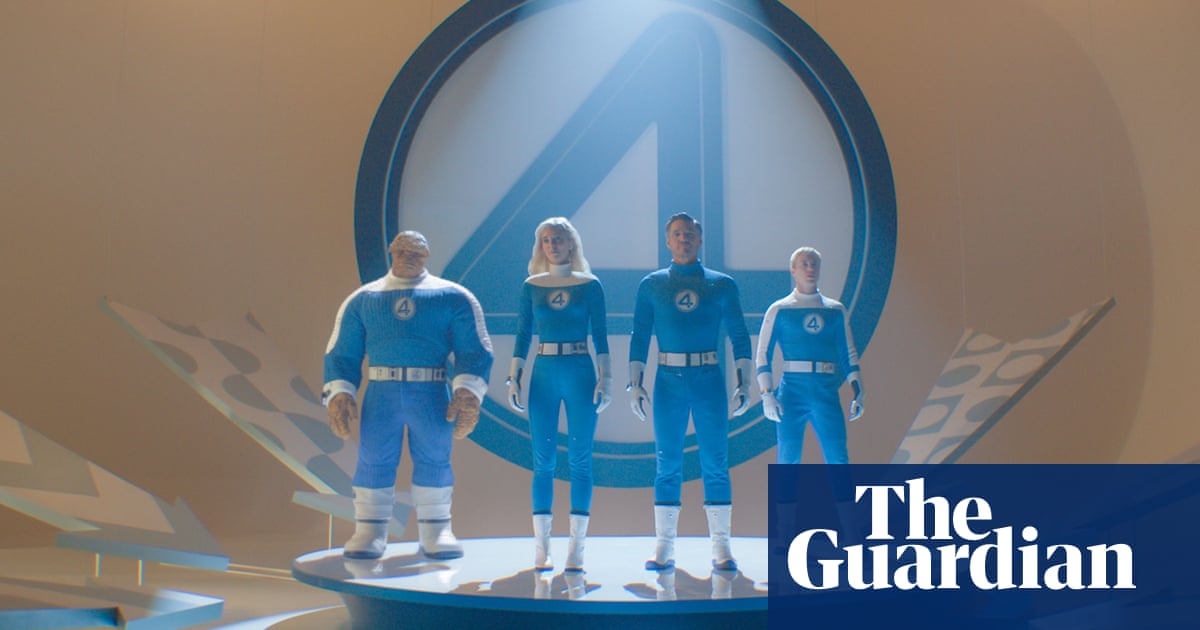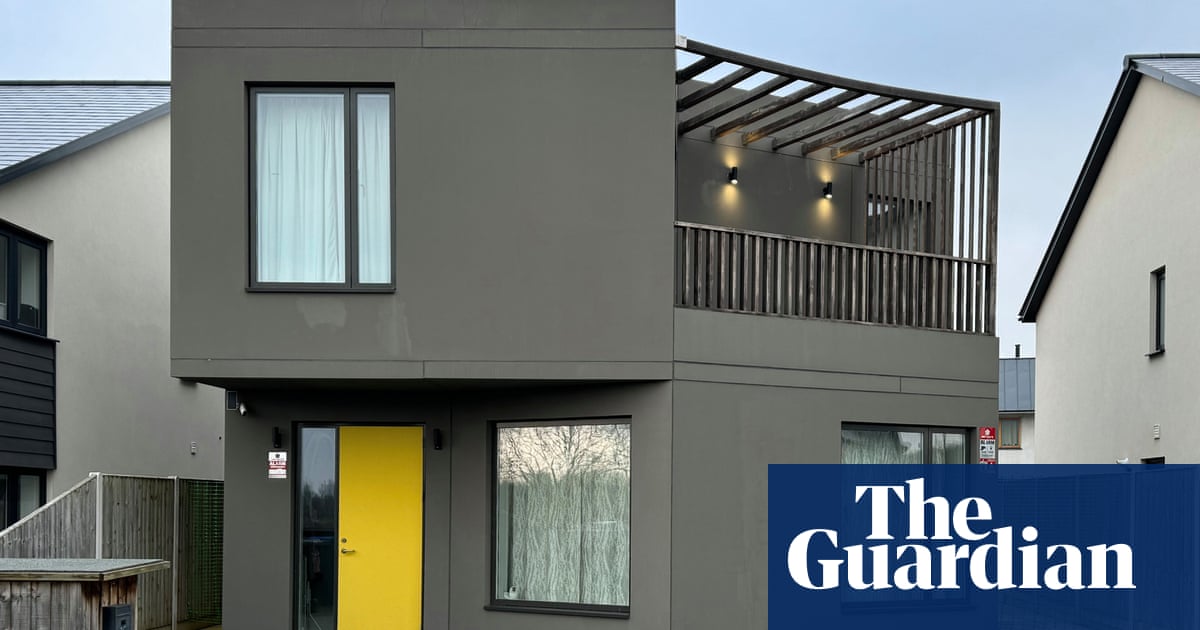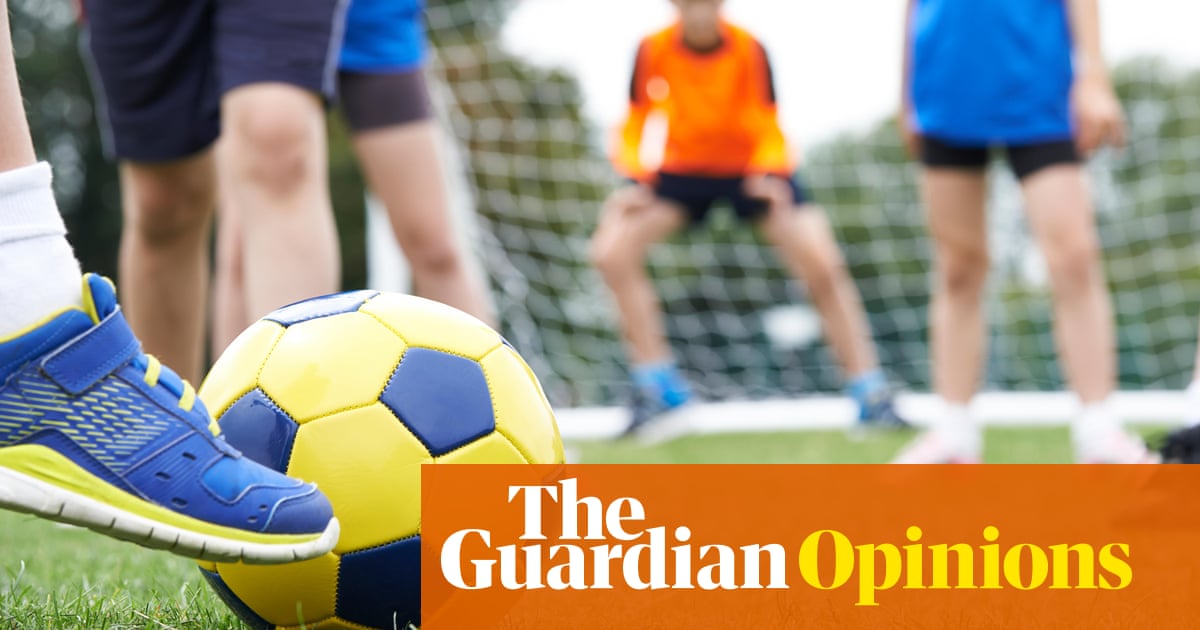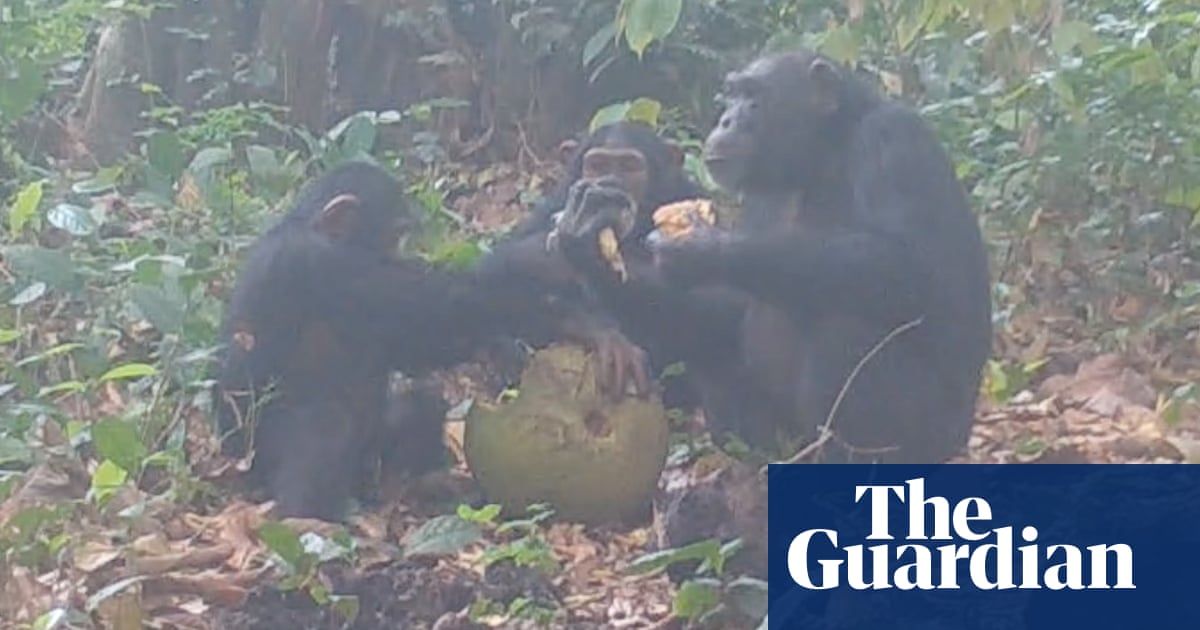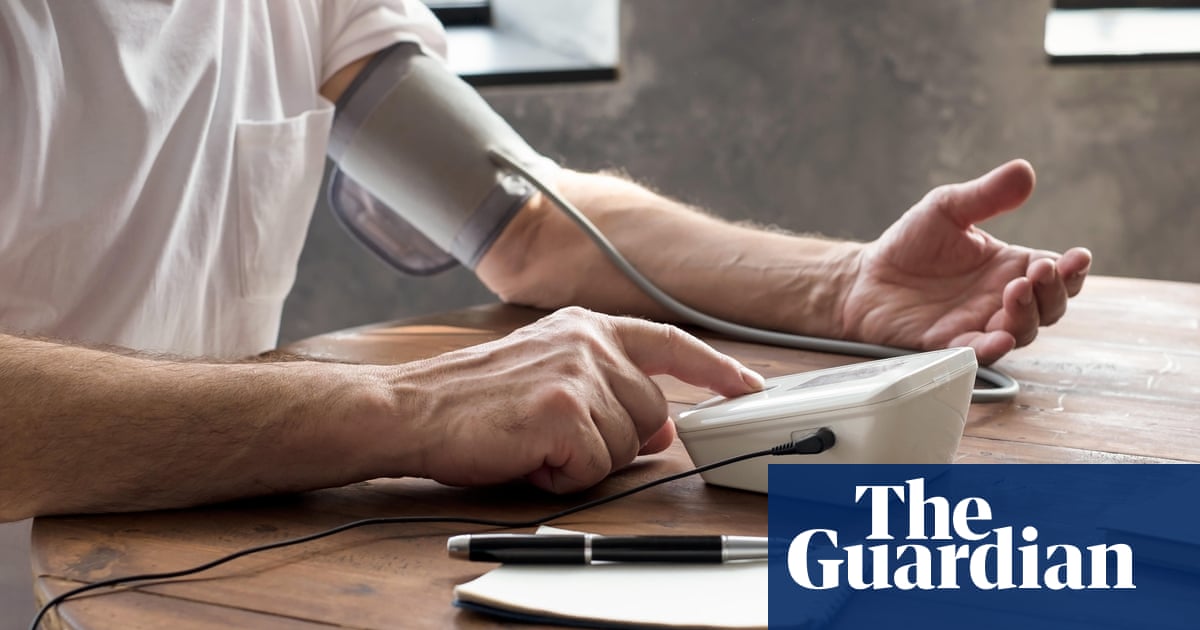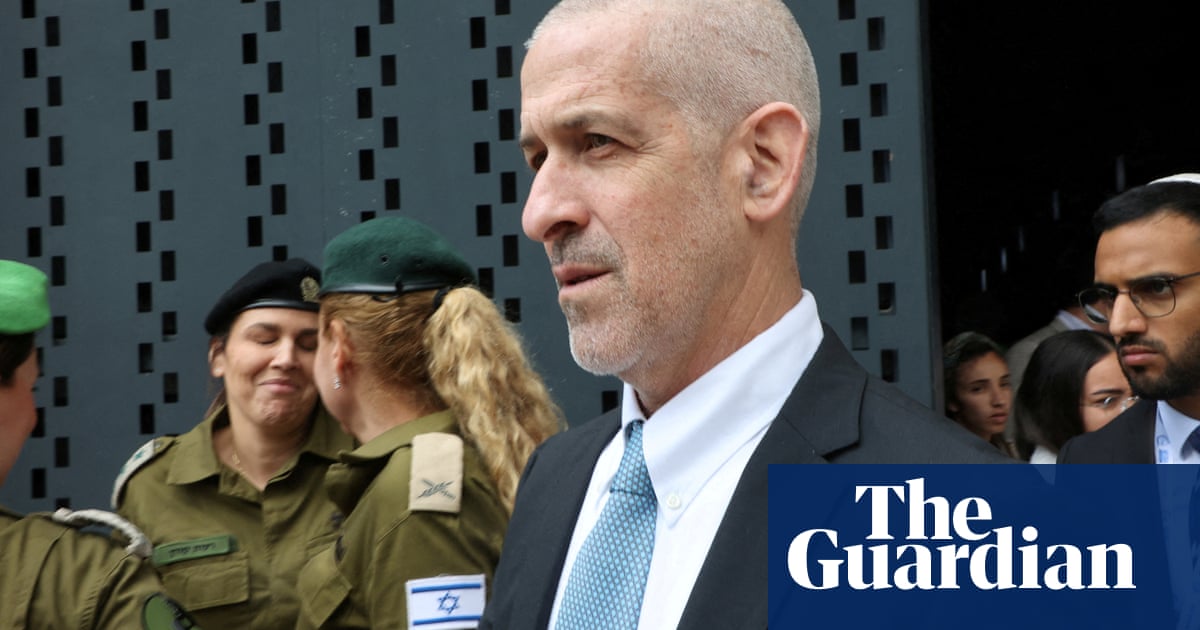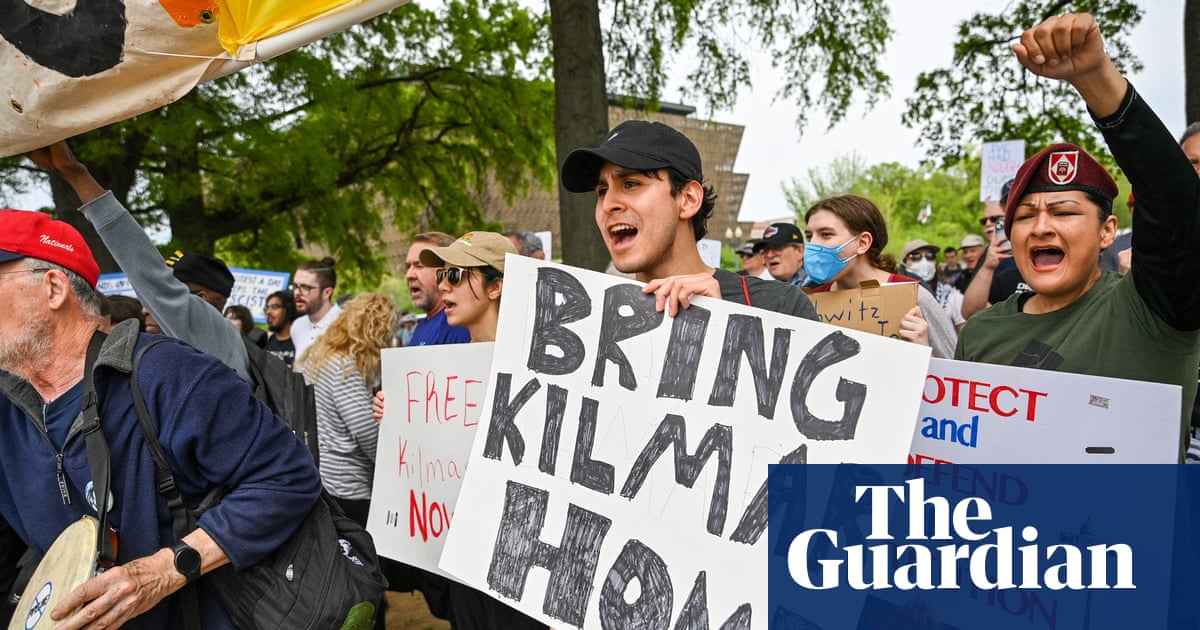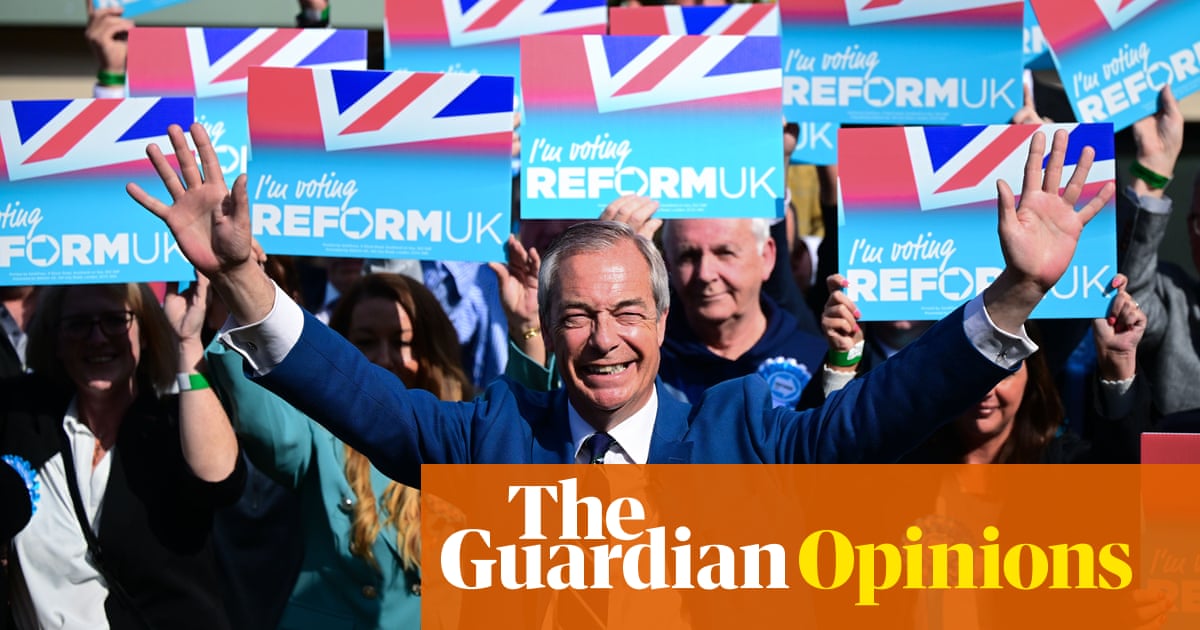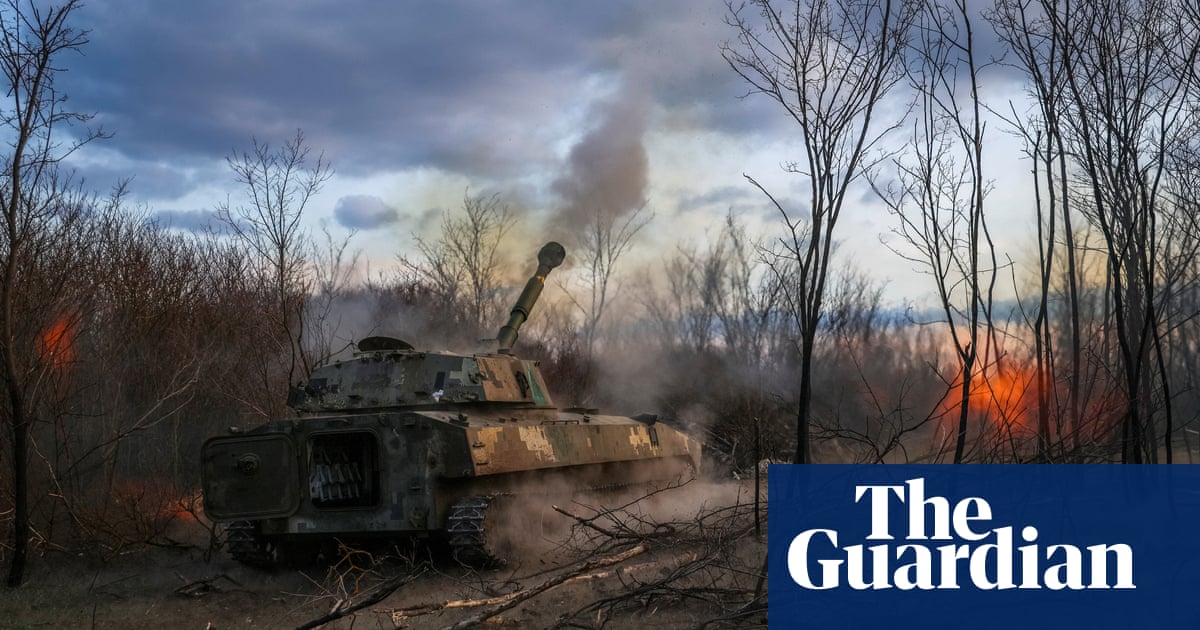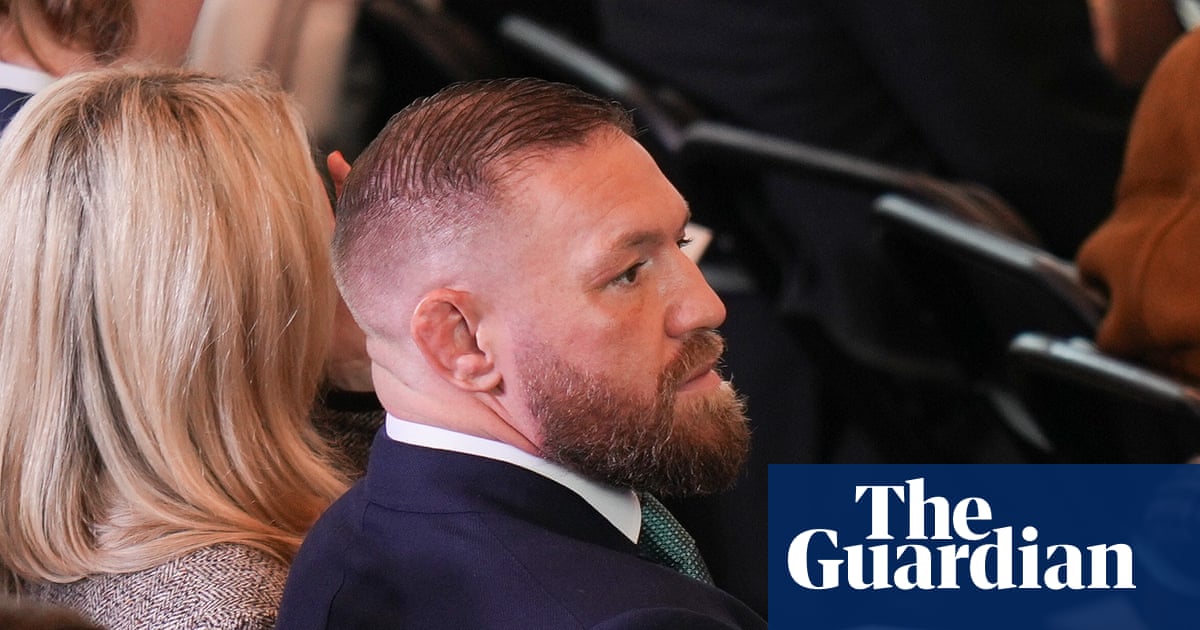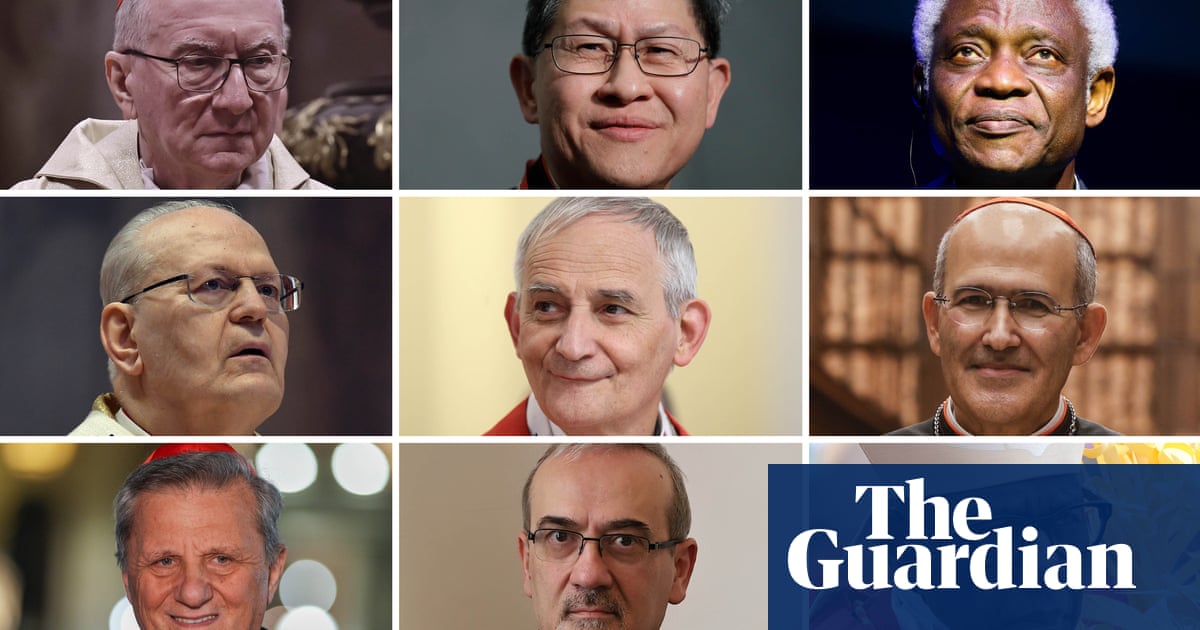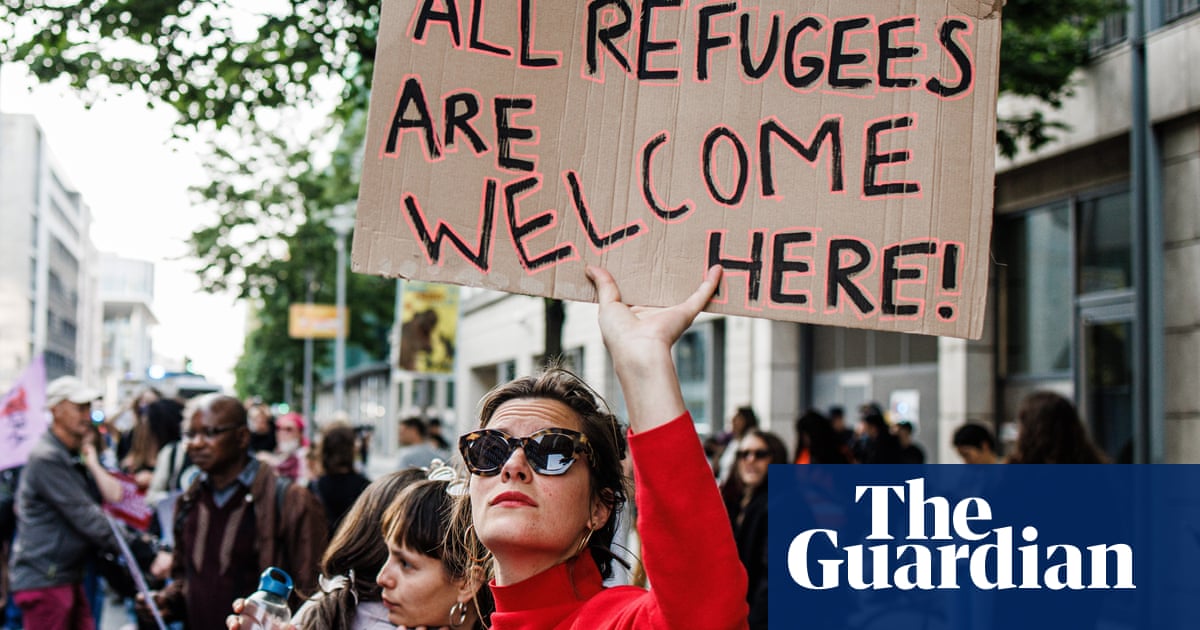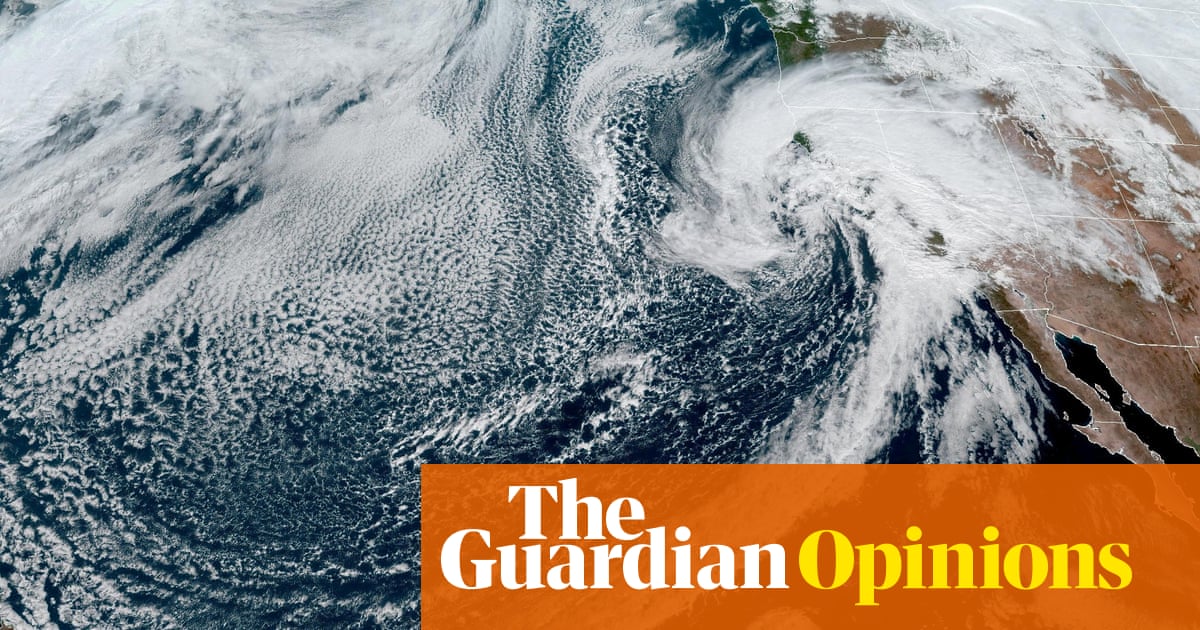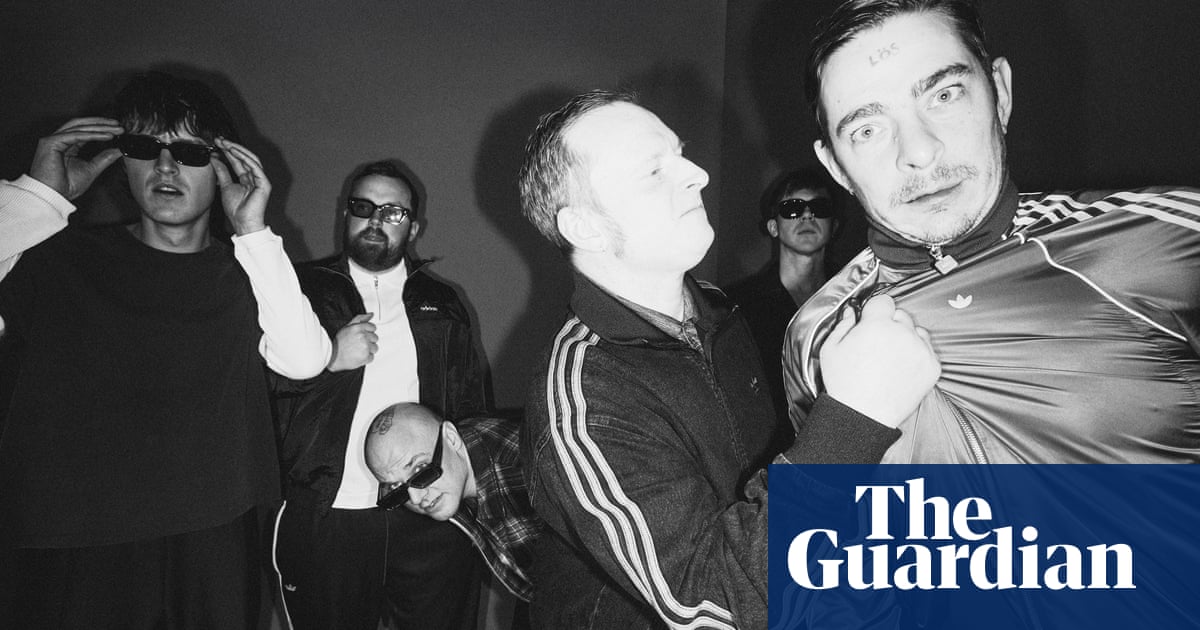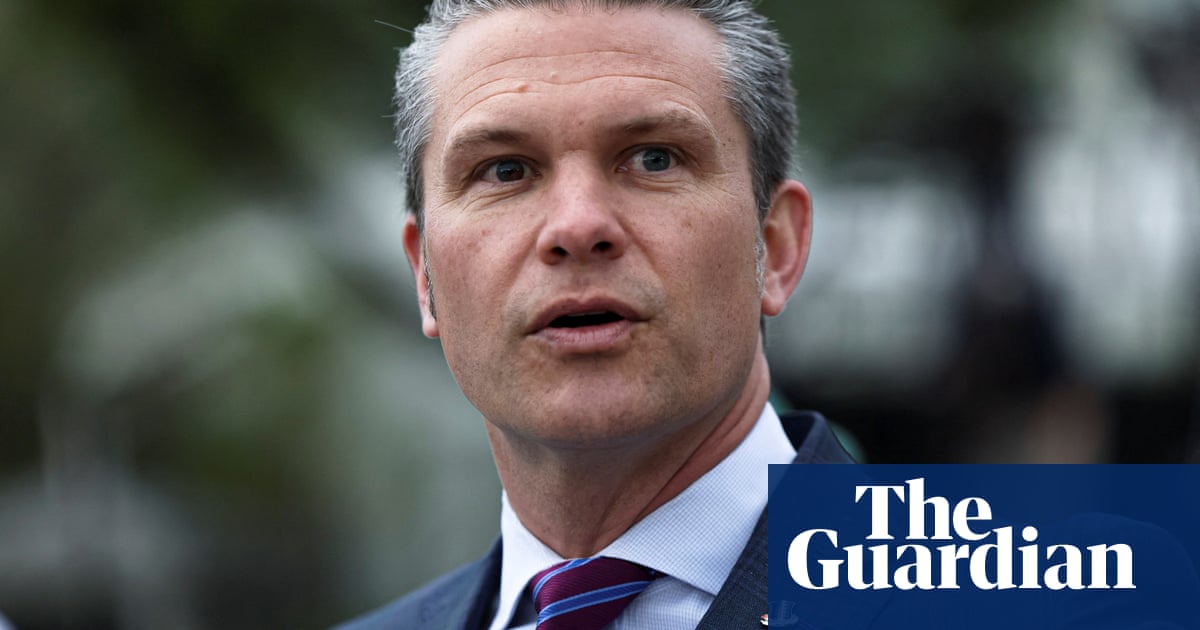When I look back at some of the opinion pieces I wrote and the art I made in the 2010s, I can’t help but cringe at the conviction with which I presented myself and my work. Like many of my twentysomething contemporaries, I spoke with delusional ferocity about the “evils of the straight cis white man” and described anyone who disagreed with me as an out-and-out enemy. As a queer and Arab person in Britain who had long felt excluded from the mainstream conversation, it was thrilling to be making forceful and oppositional interventions in public debate.
Thinking back to this version of myself, I understand now that my combative approach to political disagreement – which was admittedly part of the spirit of the age, marked by culture wars escalating across the social media landscape – was, in my case, a response to personal trauma. In my mid-20s I was a struggling artist carrying unprocessed feelings from the conservatism of my childhood. I had been raised in a religious environment where my sexuality was not only suppressed but outright prohibited, and I lived so much of my childhood genuinely terrified of losing the support of my family (and God). I had also moved to the UK at the start of Britain’s invasion of Iraq – my family’s home country – and internalised much of the racism I encountered.
Later in my life, treating those across the political divide as enemies was not only fun but also a kind of vengeance for what I had gone through growing up. I have been diagnosed with complex PTSD, and as I’ve learned in therapy, black-and-white thinking is a common trauma response. Trauma conditions our nervous system to interpret any negativity or conflict – even imagined conflict – as a life-or-death threat, so it’s no surprise that it produced an unforgiving attitude everywhere else in my life: those who disagreed with me clearly wanted me dead, so I could treat them only with hostility.
This was mirrored in my early drag career. By my late 20s, I had cut off contact with my family – I felt that my sexuality being so maligned in adolescence was unforgivable, and that as a working drag queen pursuing liberation at all costs, there was no room for them in my life. I told my family I would never forgive them and that we would never speak again. The drag I engaged in at the time was angry, a protest – sometimes a fulfilling one – and I felt like a kind of militant superhero protecting my wounded inner child at all costs.
But the defiance I was performing on stage was, in many ways, a literal and emotional fiction – in fact, it was a lie. Because I desperately missed my family, and it was only a blunt tool to deal with what had been a much more complicated childhood – one also filled with kindness, love and beautiful spirituality. After a pronounced separation, my mother and I reconnected. This led to a process of healing that profoundly changed me.
I had always interpreted my mother’s attitude towards my sexuality and drag as having been born of pure hatred or wilful misunderstanding. But as we got to know each other again, she confessed how envious she was at the freedom I had enjoyed in my life. I was lucky enough to go to great schools in the UK and was thus afforded a whole future of opportunities from a young age. A Muslim woman growing up in Saddam Hussein’s Iraq, my mother had a more restricted youth. And I think her resentment of my drag came from the idea that I was finding a freedom in femininity that perhaps she felt corseted by her whole life. As a woman who worked hard to live up to the socially enforced “duties” of being a good wife and mother, perhaps watching her son “throw away” the “gift of male privilege” was a hard pill to swallow.
This dialogue wasn’t just personally transformative – it also changed me as a social and political creature. My drag has moved from a space of pure protest to one of reconciliation; in my recent drag I have literally been dressing as my mother, and even embodying her perspective, as a way to fully make peace with it. This shift has helped me find empathy for those I disagree with on even the most fundamental issues, and allowed me to put aside differences in the interests of meaningful connection. As an example, I’ve recently been able to organise alongside some Muslim groups in fighting for a ceasefire in Gaza, despite whatever social and political differences we may have elsewhere.
Of course, I’m not advocating that we must each sit face to face with those we find threatening to our very humanity, or that we shouldn’t remain hypervigilant about systemic injustices. But as we each attempt to wrestle through this increasingly hostile and polarised world, I now think it imperative that we move past infighting and identity as politics. Maybe it’s time to treat conflict as a chance to get out of ourselves and see things through different eyes. It might help us all coexist in a world where we’re being taught to hate each other.
-
Amrou Al-Kadhi is performing Glamrou: Drag Mother at the Soho theatre in London from 20 to 25 January. Their feature film Layla is available to stream now
-
Do you have an opinion on the issues raised in this article? If you would like to submit a response of up to 300 words by email to be considered for publication in our letters section, please click here.

.png) 3 months ago
25
3 months ago
25
